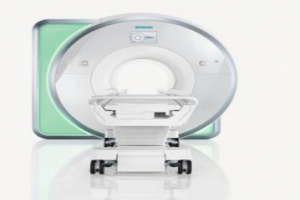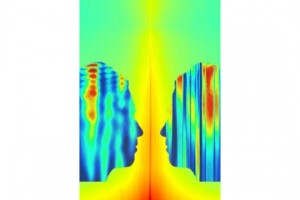New imaging technique sheds light on adult zebrafish brain
Cornell scientists have developed a new technique for imaging a zebrafish's brain at all stages of its development, which could have implications for the study of human brain disorders, including autism.
Zebrafish are translucent when young, making them good models for live imaging, but they become opaque with age, which has prevented researchers from seeing into a live adult brain.
Now, an interdisciplinary team from Cornell Neurotech has developed a microscopy tool to use with adult zebrafish engineered with calcium sensors that light up to reveal when neurons are activated.
Since all vertebrate brains are fundamentally similar, the approach allows scientists to learn basic principles of brain structure and function that apply to all vertebrates, including humans.




Related Posts